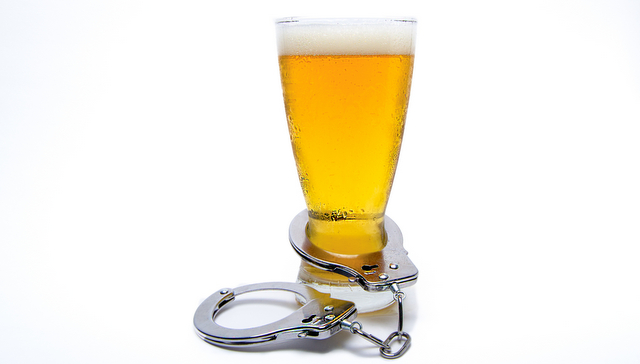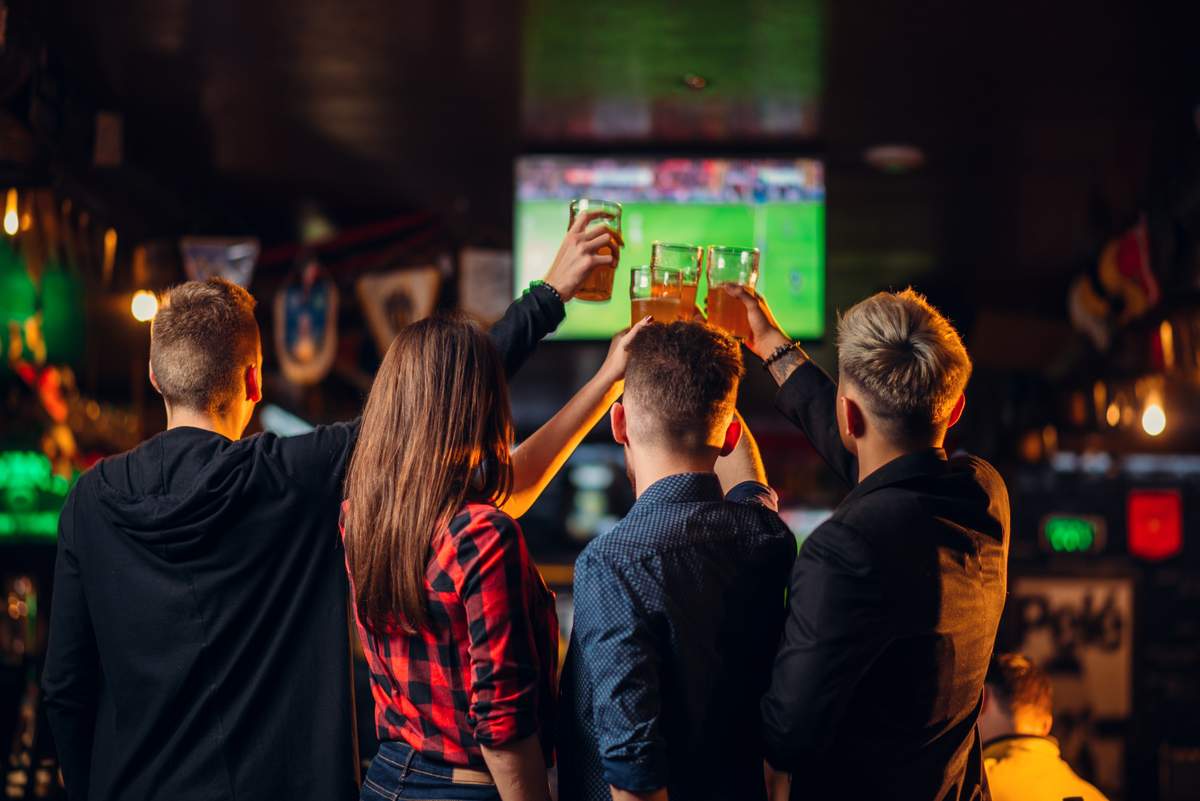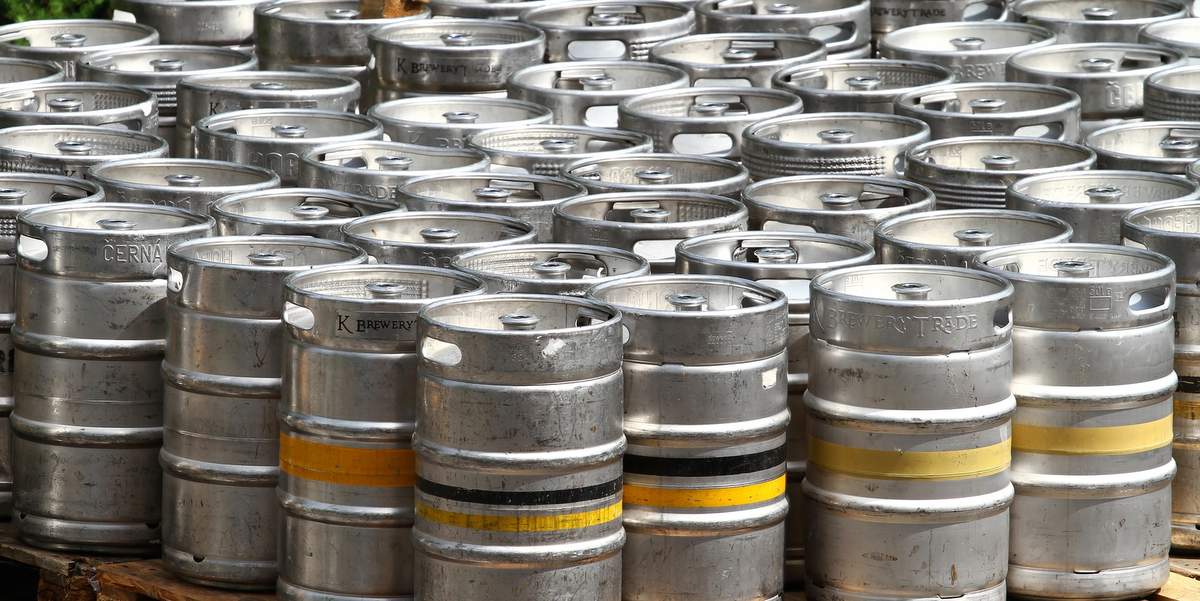 Last week, the New Jersey Division of Alcoholic Beverage Control released a special ruling that basically said a 2012 amendment allowing craft breweries with a “limited brewery license” to sell beer with a tour was not meant to allow breweries to sell beer like a bar or restaurant. Now, New Jersey Gov. Phil Murphy says he’s not so sure about all that. From nj.com:
Last week, the New Jersey Division of Alcoholic Beverage Control released a special ruling that basically said a 2012 amendment allowing craft breweries with a “limited brewery license” to sell beer with a tour was not meant to allow breweries to sell beer like a bar or restaurant. Now, New Jersey Gov. Phil Murphy says he’s not so sure about all that. From nj.com:
Murphy said Monday the rules took him by surprise and that his administration is “looking at that.”
“I’m not sure that’s the right, sensible step to take,” Murphy said of the regulations during a Facebook Live town hall. “The craft beer industry has sort of taken a real hold in our state. It’s become a source of great sort of pride.”
According to the ruling, limited brewery licenses in New Jersey will be allowed an allotted amount of events that will require approval from regulators, including 25 events per license term at the brewery itself (stuff like trivia night, paint and sip, live music, yoga, yadda and yadda), 12 off-premise events (such as arts festivals or athletic events) and 52 private parties.
Two things are at work here: three-tier distribution and New Jersey liquor licenses. First off, distributors will certainly be wary of brewers selling too much of their own product directly. On top of that, New Jersey liquor licenses are an absolute mess. Few dispute this. The New Jersey Assembly is even currently working to revamp its archaic and ultra-expensive process to obtain a liquor license (check out A3494). Liquor licenses can cost more than $1 million (though this article estimates they average about $350,000). A limited brewery license only costs from $1,250 to $7,500 and depends on production capacity. That’s a big disparity, so you could see why the government, bars and restaurants feel it’s an unfair situation.
Liquor license holders are allowed to resell their license on the private market, which allows the prices to get jacked up. The state also limits the number of liquor licenses within a municipality based on population, most likely using old census numbers. These types of things need to change. Bill A3494 will do three main things: 1) create new, affordable liquor licenses for certain restaurants (an R1 licence that would cost like $3,000 to $10,000 and R2s that would be even less expensive); 2) permit issuance of additional liquor licenses; and c) provide tax credit under corporate business tax and gross income tax for loss in value to certain alcoholic beverage licenses already owned. Dig this summary from NJSpotlight:
As opposed to the plenary consumption license, which allows bar and restaurant owners to sell open containers of any alcoholic beverage for on-premises drinking and closed containers to take off-site, the restricted restaurant license (R1) would allow full-service restaurants between 1,500 and 6,000 sq. ft. to serve beer, wine and spirits exclusively to patrons dining at tables. The restricted beer and wine license (R2) would allow the same types of qualifying restaurants to serve just packaged beer and wine to their tables where customers are eating.
This seems like a step in the right direction for evening out the playing field. Read more about Bill A3494 right over here.






[…] to updated brewery legislation, this will an interesting piece of legislation to follow. Craft Brewing Business has an interesting editorial written two weeks ago after the Special Ruling suspension that […]